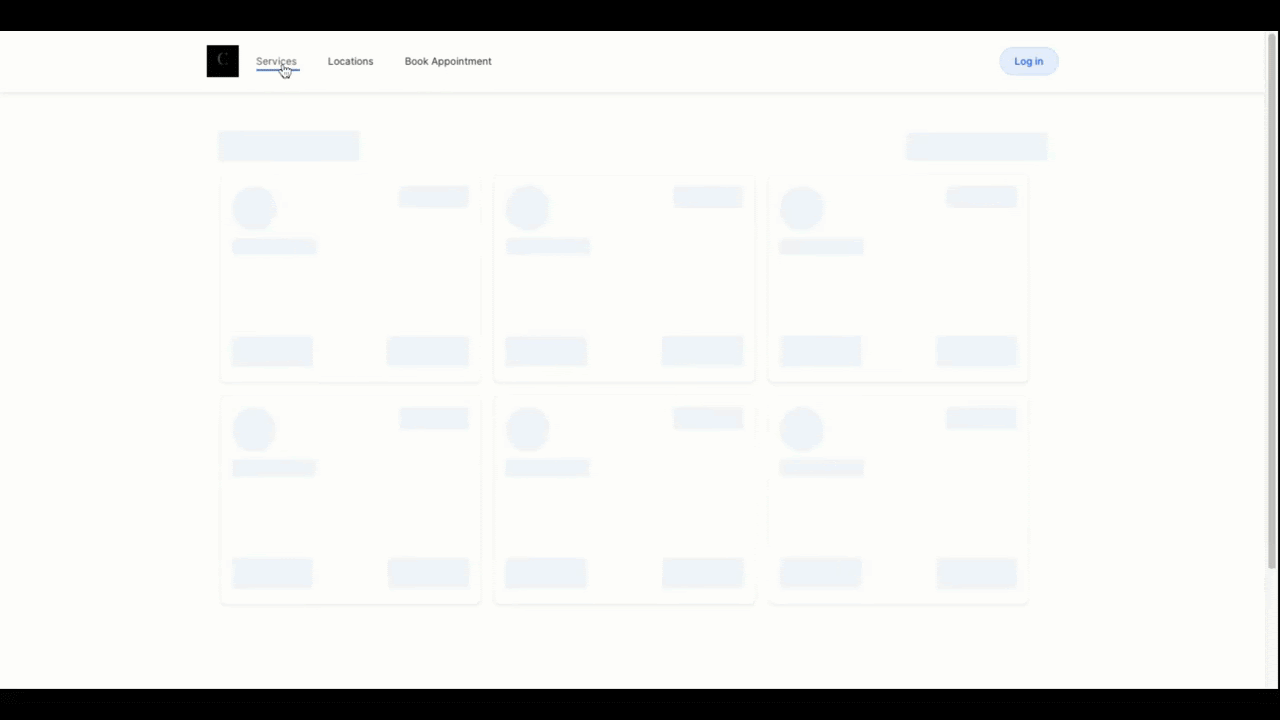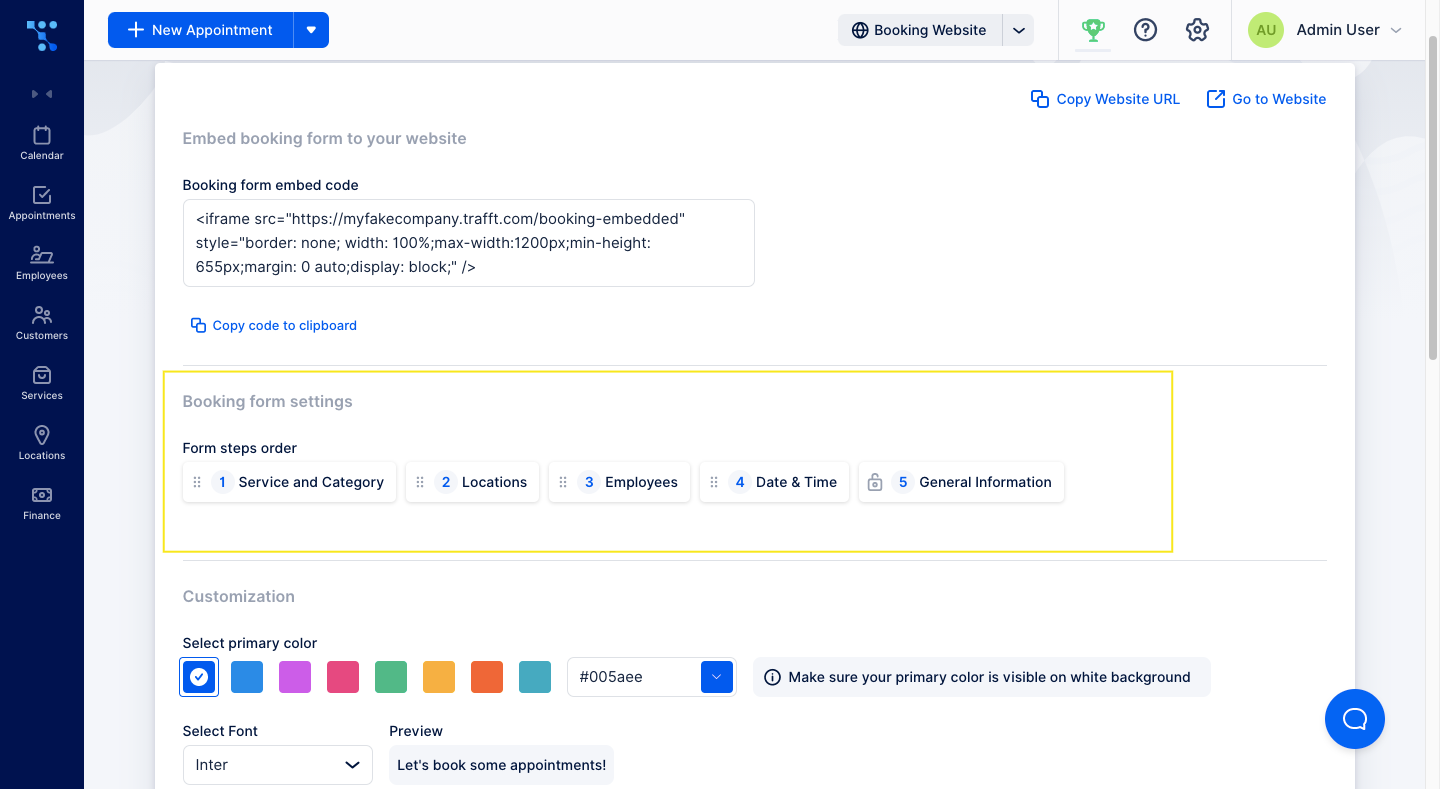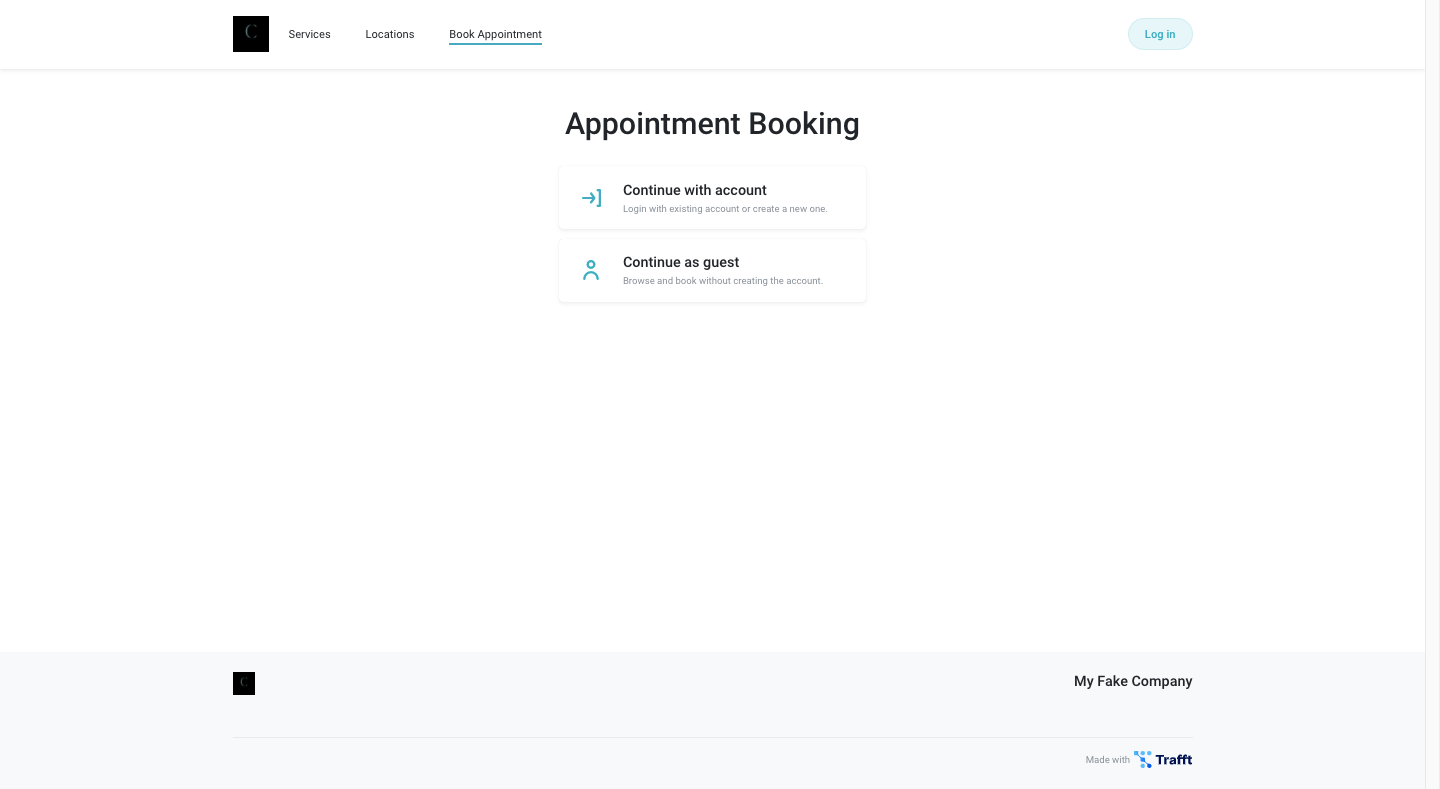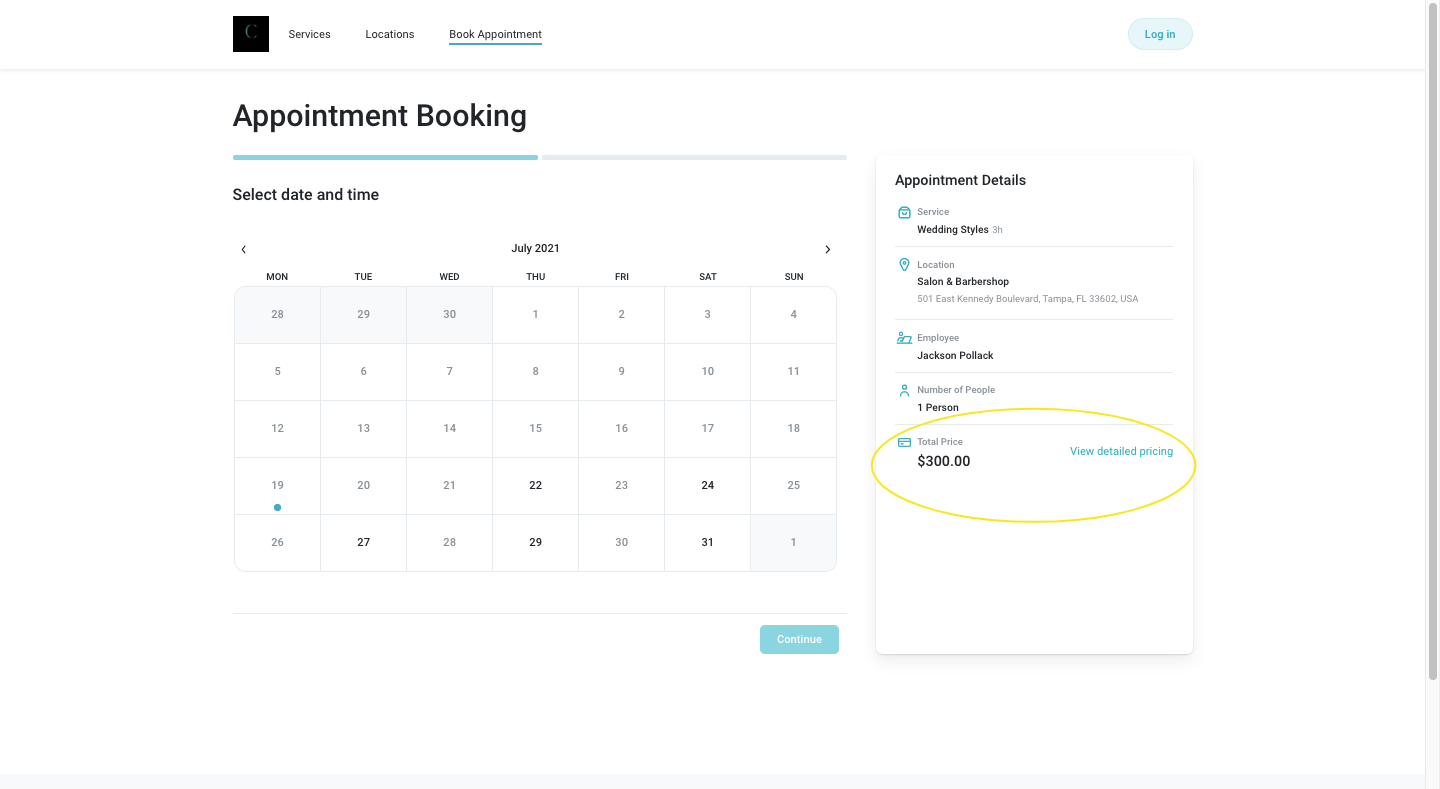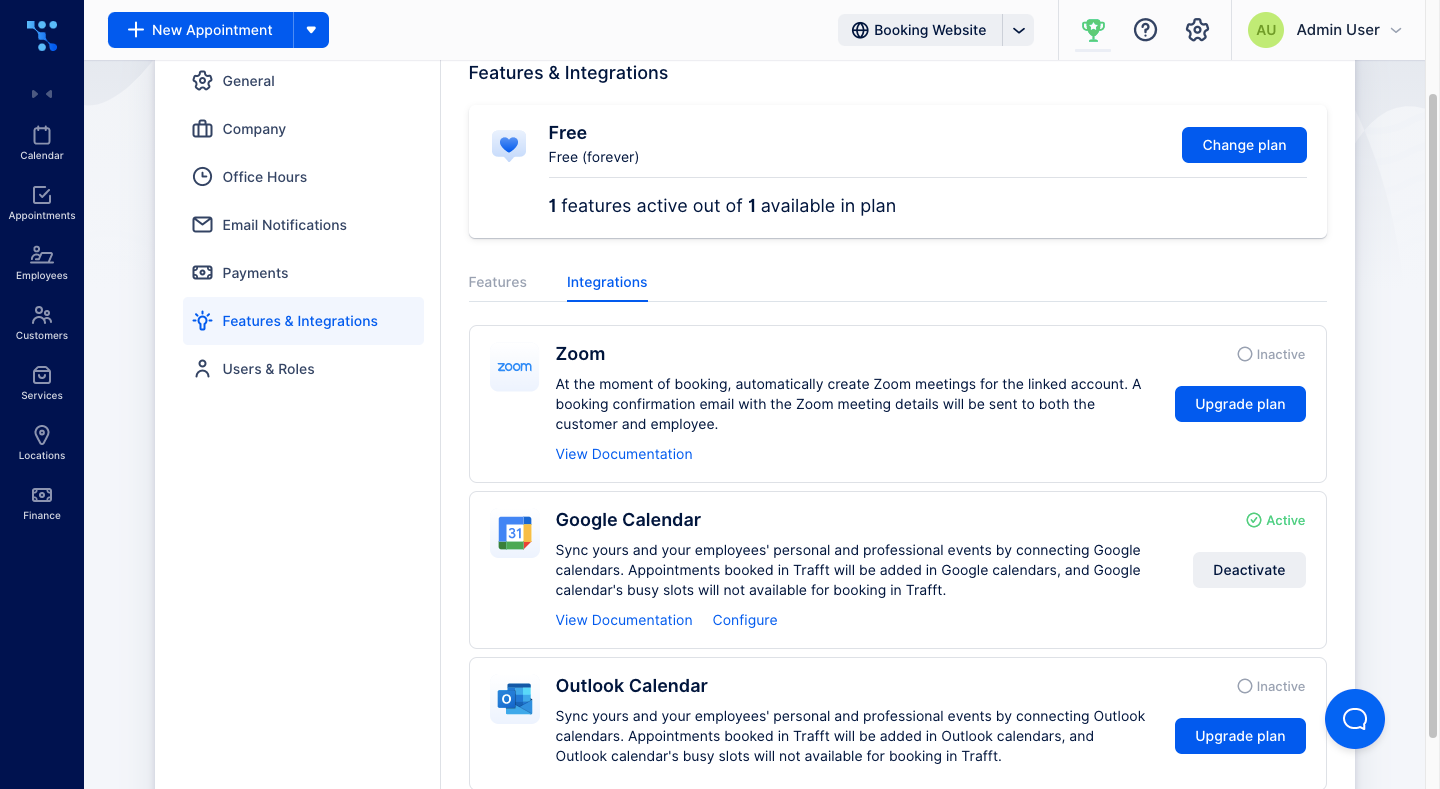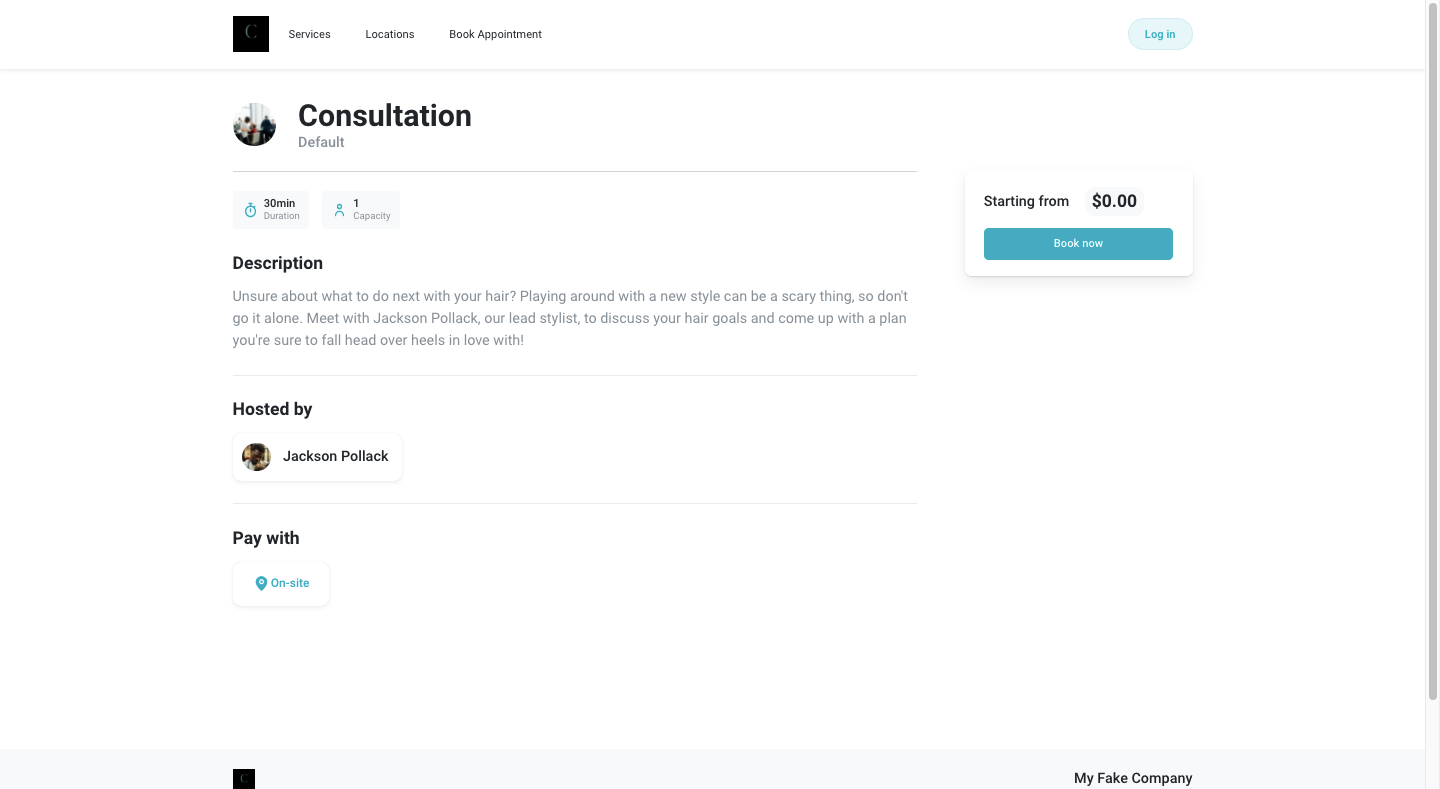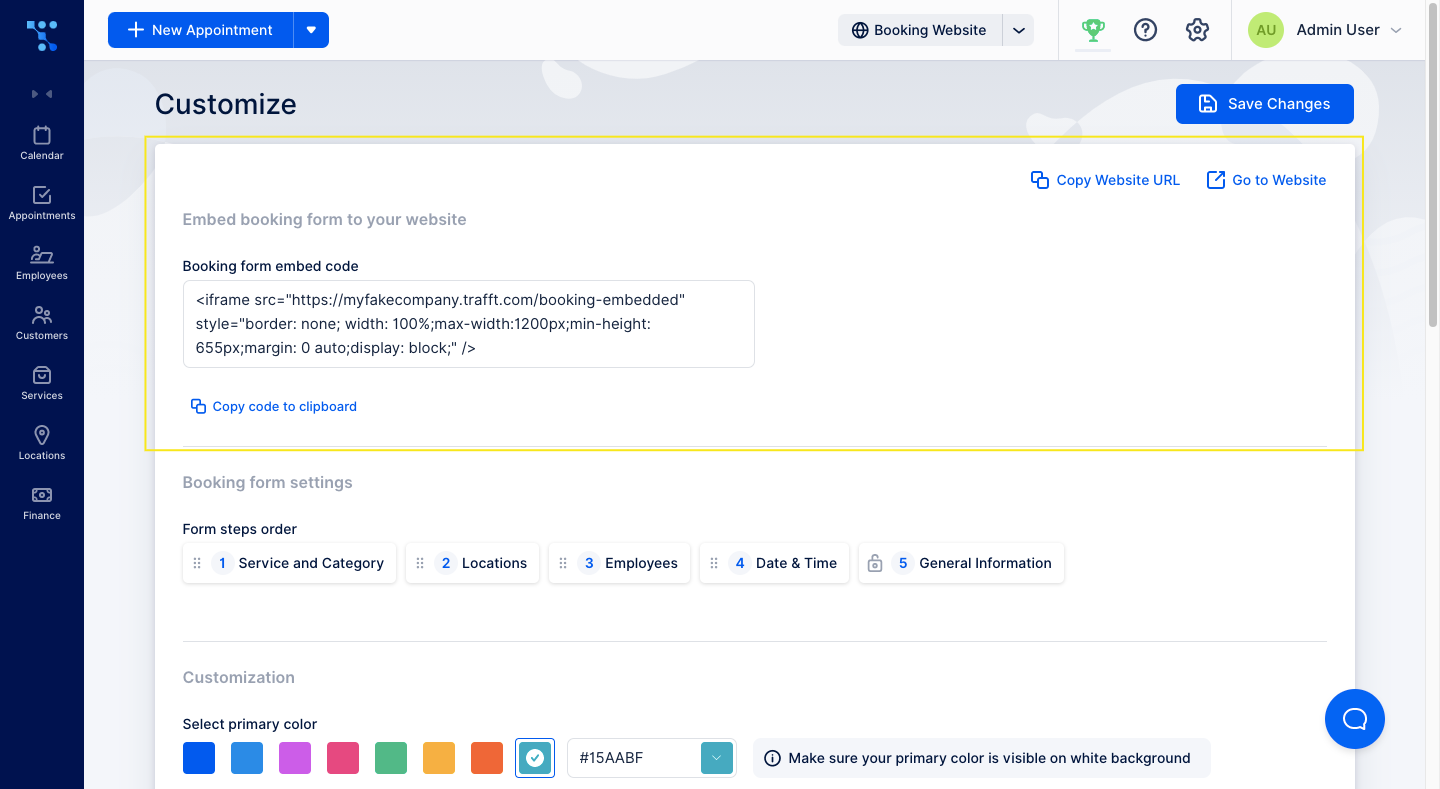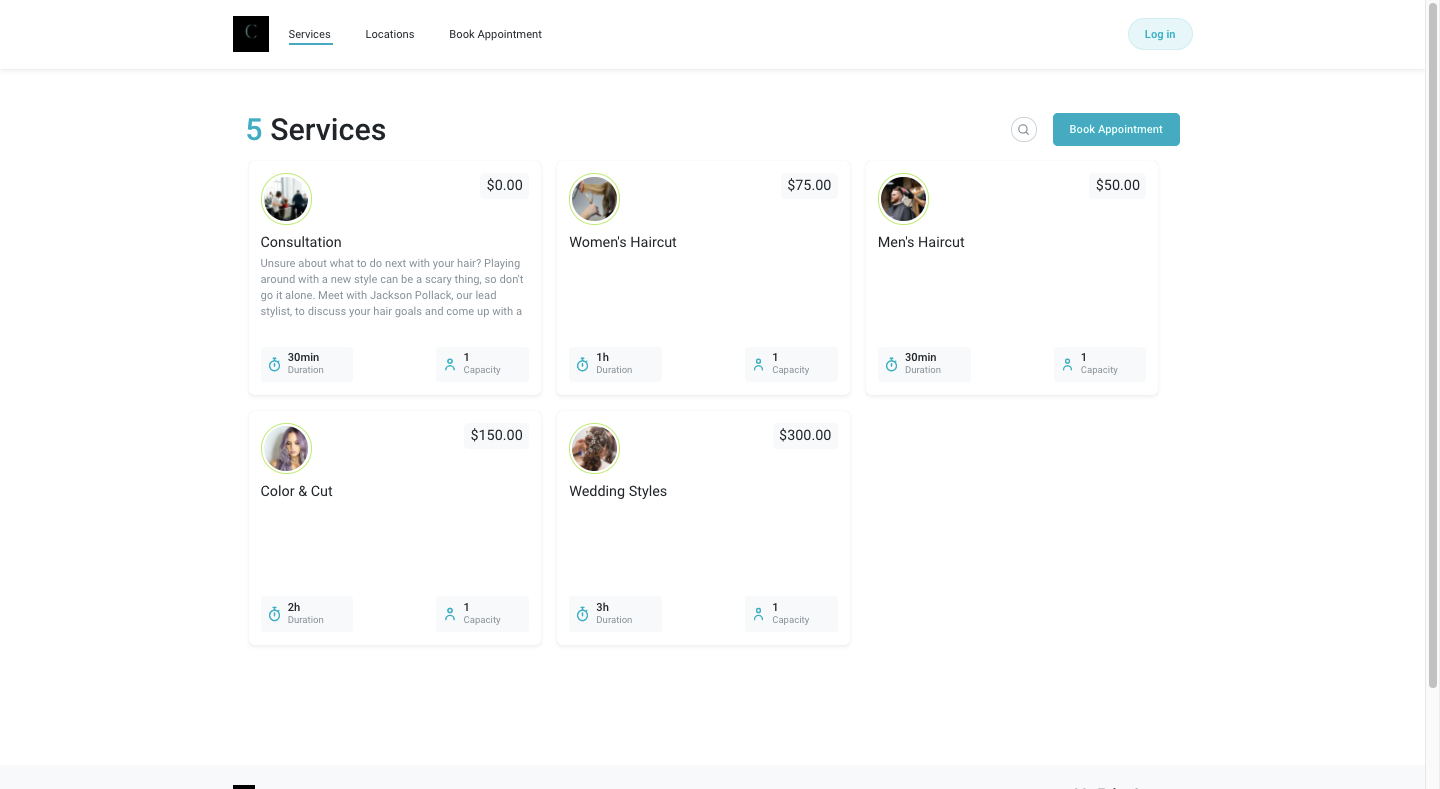This sponsored article was created by our content partner, BAW Media. Thank you for supporting the partners who make SitePoint possible.
Consumers expect modern, intuitive, and convenient solutions to everyday problems and situations. Like making appointments, booking reservations, and signing up for events.
As antiquated solutions like phone-based reservation systems and basic contact forms grow more and more out of favor, what exactly do consumers want in 2021? In other words, what should the online booking systems that you build for your clients’ companies look like?
Today, we’re going to look at four modern booking trends and how you can use Trafft to build higher-converting online booking systems that exceed consumers’ — and your clients’ — expectations.
4 Modern Trends in Online Booking Systems
As of writing this, Millennials are the generation with the greatest spending power. Generation Z isn’t too far behind.
Why does this matter? Well, if a brand can’t keep up in terms of technological preferences and demands, they’re bound to lose favor with these powerful consumers. And considering that the majority of Millennials and Gen Zers are attached to their screens for a good part of the day, online booking systems need to be delivered in a manner that makes the most sense for them.
In order to keep up with modern demand, there are four trends you can use to build better online booking systems that convert well.
Trend 1: Smart, efficient booking processes
Booking systems have undergone some much-needed changes over the last decade. That’s because older booking systems were costly to manage and support. Plus, there was just too much friction within the user experience.
Customers got stuck on hold. Or had to wait for someone to help them coordinate their booking. Or their appointment got misplaced due to a clerical error. It was frustrating for customers and time-consuming for businesses.
A Trafft booking system removes these complexities from the booking experience.
For starters, customers want to know what all their options are:
- locations
- providers
- services or events
- days and times
- cost
- payment type
- and more
All of this can be programmed into your online booking system with Trafft so the customer can work out the logistics of their booking on their own and in a matter of minutes.
What’s more, you can set rules behind the scenes related to things like:
- business days, hours, holidays, and so on
- appointment buffers
- event criteria and limits
- time zones
- employee availability
- pre-payments
This helps your clients avoid those embarrassing calls where they have to ask customers to reschedule because the booking they made isn’t actually available.
What’s more, once the booking is made online, the appointment guidelines you define take care of the rest. Bookings go on the customer’s and employee’s calendars. Reminder emails and SMSs go out. Location space is scheduled. And so on.
It’s super efficient and less prone to errors and frustration than the systems of the past.
Trend 2: Booking forms designed for shorter attention spans
A 2019 study out of the Technical University of Denmark found that our collective attention span is shrinking year by year. This is due to the abundance of information available online.
So, while it’s important for online booking forms to give users options, it needs to be presented in a simplified manner. If it looks complicated or time-consuming, you’re bound to see more drop-offs than bookings.
Just keep in mind that minimal is not the same thing as sparse.
Tech-savvy consumers might feel comfortable and confident with a fast-tracked booking process, but others might not be. If the brevity of your form compromises their trust in the process or in the credibility of the company, that can be just as problematic. So, be careful not to cut corners.
That’s why it’s important to build a form that asks for the minimum while still capturing all of the information you need from the user. At the same time, you should educate them or provide additional context when it makes sense to do so.
With Trafft, your booking process will get broken up into small, easily digestible steps.
This will make it easier for users to complete the form, as they’re asked to only complete one small task at a time.
You can change the order of steps based on what makes the most sense for your customers. A/B testing will help you find the most logical and ideal order of steps if you’re unsure.
Inputting information into the form is simplified as well. Whether the form calls for customer to click on and select a calendar date and time, or to add their contact info, the steps needed to complete an action are quick and easy to execute.
Trend 3: Transparent data privacy practices
The 2020 NortonLifeLock Cyber Safety Insights Report found that 74% of U.S. adults are very concerned about their online privacy.
The number 1 worry? That their personal information would get stolen and exposed in a data breach. Not far behind is the fear that their data will get sold off to third parties without their consent.
Even if your online booking form only asks for basic data like the customer’s name and email address, you can expect some hesitation if the right precautions aren’t taken to ensure their safety.
There are a number of things you can do when building out your booking form to put their minds at ease, which are covered below.
1. Allow them to book as a guest
You’re going to have some users who aren’t comfortable logging in through a third-party app like Google or Facebook, or who don’t want to create yet another online account and password.
If you want to open bookings up to guests, you can easily configure that setting in Trafft.
2. Don’t hide your prices
If there’s a fee associated with any of your appointments or events, don’t hide the information. It should remain present throughout the booking process so customers aren’t surprised when they discover it in the very last step or, worse, not until they show up for the appointment.
With Trafft, you also have the option of adding taxes to the total cost so they know exactly what the investment is.
3. Integrate with trustworthy apps
Even if the business you’re building a booking system for isn’t a household name, customers can still rest assured that their information is in good hands.
A good way to do this is to integrate with trustworthy providers like Google, Zoom, Stripe, and PayPal. Their names and logos can go a long way in building trust with new customers.
4. Provide substantial information about the company
Even if your customers have a basic idea of what they’re getting into, providing detailed Services and Locations pages can build their confidence when booking.
So, rather than try to quickly usher them through the process of booking a generic “Consultation” service, for instance, take the time to add details to the page. Customers who want to know more, will look at the custom photos, appointment details and restrictions, service descriptions, providers, locations, and more.
Trend 4: Social-friendly booking sites
According to data from Statista, Internet users around the globe spent an average of 145 minutes on social media every day in 2020.
What’s driving them to social media and keeping them there for so long? Well, they can get a lot of stuff done in one spot. Watch fun videos. Interact with their digital community. Look up brands they’re interested in.
If you think about the typical customer journey, chances are good they’re considering taking the next step if they’re doing research on a company on social media. Rather than make them take an extra step and visit the business’s website, just give them a direct link to book right then and there.
Whether or not your client has a fully-featured website, you want to build them an online booking platform they can bring with them wherever they — and their customers — are online:
- Google My Business
- Telegram
- TikTok
Wherever their business is doing its marketing is where its online booking platform needs to be. With Trafft, your clients really can be wherever their customers are.
You can embed it within their website. This way, website visitors won’t have to be redirected to social media or an external platform in order to make an appointment.
If they don’t want or need a full website, turn their free-standing Trafft platform into a self-sufficient microsite.
They then have the option of sharing a link to their site’s booking page or to the booking microsite with their social media customers.
Not only does this allow them to offer bookings wherever their customers are online, but this ensures that it’s a consistently high-quality experience every time and for every customer.
Modernize Your Clients’ Businesses with a High-quality Online Booking System
Service-based businesses can’t afford to use inefficient and antiquated online booking systems anymore. The bar has been set too high and consumers — especially the tech-savvy generations — aren’t willing to settle for less.
The good news is that we’ve made a ton of progress over the last decade when it comes to designing online booking systems.
If your client’s current system isn’t keeping up with modern online booking trends, then it’s time to set them on the right path with Trafft’s flexible, powerful, and automated platform.
Frequently Asked Questions (FAQs) about Online Booking System Trends
What are the latest trends in online booking systems?
The online booking system industry is constantly evolving, with new trends emerging regularly. Some of the latest trends include mobile booking, where customers can make reservations directly from their smartphones. Another trend is the use of artificial intelligence (AI) to personalize the booking experience. AI can analyze customer data to provide personalized recommendations and offers. Additionally, many online booking systems are integrating with social media platforms, allowing customers to book directly through sites like Facebook and Instagram.
How does artificial intelligence impact online booking systems?
Artificial intelligence (AI) plays a significant role in the evolution of online booking systems. AI can analyze vast amounts of data to understand customer behavior and preferences. This information can then be used to personalize the booking experience, providing customers with tailored recommendations and offers. AI can also automate various tasks, such as customer service inquiries, freeing up staff to focus on other areas of the business.
Why is mobile booking becoming more popular?
Mobile booking is becoming more popular due to the convenience it offers. With a mobile booking system, customers can make reservations anytime, anywhere, directly from their smartphones. This eliminates the need to be at a computer or to call a business to make a reservation. Additionally, mobile booking systems often offer features like push notifications, which can remind customers of their reservations and provide them with updates.
How does social media integration benefit online booking systems?
Social media integration offers several benefits for online booking systems. It allows businesses to reach a larger audience, as many people use social media daily. Customers can also book directly through social media platforms, making the process more convenient. Additionally, social media integration can enhance customer engagement, as businesses can interact with customers and respond to their inquiries directly on social media.
What are the benefits of using an online booking system?
Online booking systems offer several benefits. They provide convenience for customers, allowing them to make reservations anytime, anywhere. They also automate various tasks, freeing up staff to focus on other areas of the business. Additionally, online booking systems can provide valuable insights into customer behavior and preferences, which can be used to improve the booking experience and increase customer satisfaction.
How can online booking systems improve customer satisfaction?
Online booking systems can improve customer satisfaction in several ways. They provide convenience, allowing customers to make reservations at their own convenience. They also offer personalized experiences, with features like AI providing tailored recommendations and offers. Additionally, online booking systems can provide customers with updates and reminders, ensuring they are well-informed about their reservations.
What features should I look for in an online booking system?
When choosing an online booking system, you should look for features that meet your business’s specific needs. Some key features to consider include mobile booking capabilities, social media integration, and AI capabilities. Additionally, look for a system that offers robust customer support, as this can be invaluable if you encounter any issues.
How secure are online booking systems?
Security is a crucial aspect of online booking systems. Reputable systems should have robust security measures in place to protect customer data. This can include encryption, secure payment gateways, and regular security audits. It’s always a good idea to research a system’s security measures before choosing it for your business.
Can online booking systems integrate with other business software?
Yes, many online booking systems can integrate with other business software. This can include customer relationship management (CRM) systems, email marketing software, and accounting software. This integration can streamline various business processes, making it easier to manage your business.
How can online booking systems help increase business revenue?
Online booking systems can help increase business revenue in several ways. They can attract more customers by offering a convenient and personalized booking experience. They can also increase efficiency by automating various tasks, allowing staff to focus on other revenue-generating activities. Additionally, the insights gained from customer data can be used to improve the booking experience and increase customer satisfaction, leading to repeat business.
 SitePoint Sponsors
SitePoint Sponsors
